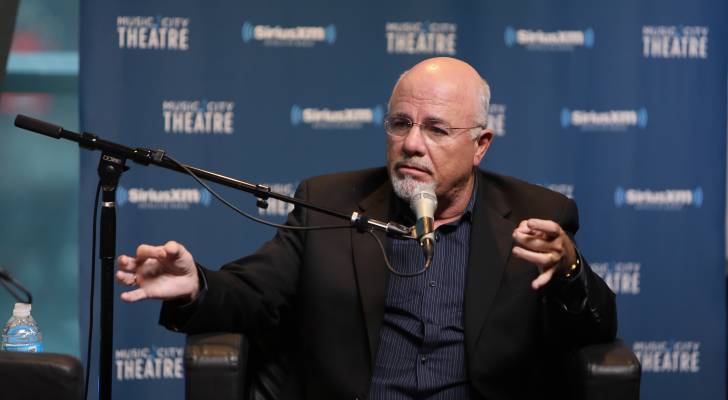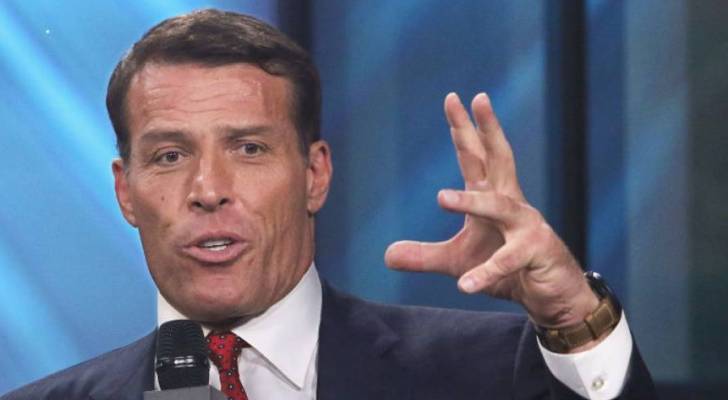Colorado landlord gets massive shock after 300-plus police raid his property — turns out tenants were using the rental space as an illegal club linked with drug trafficking, gang activity
We adhere to strict standards of editorial integrity to help you make decisions with confidence. Some or all links contained within this article are paid links. Mike Moon got quite the shock when he found out what his tenants were really doing in his rental property. In late April, more than 300 law enforcement officers […]
I’m 52, putting away at least 10% of my paycheck for retirement — but my husband isn’t saving anything and has no plans to. What should I do?


We adhere to strict standards of editorial integrity to help you make decisions with confidence. Some or all links contained within this article are paid links. Jada, 52, is facing the existential dread of retirement. She doesn’t even plan to clock out until she turns 65, and she’s been saving for her golden years since […]
Walmart CEO says food prices are a major source of ‘frustration and pain’ for lower income customers. Here’s what’s to blame for rising prices and what you can do to save


We adhere to strict standards of editorial integrity to help you make decisions with confidence. Some or all links contained within this article are paid links. Soaring food prices have been hurting consumers for years. But things are coming to a head, especially as retailers and consumers grapple with tariff concerns. Walmart CEO Doug McMillon […]
‘Never give up’: This Tennessee janitor went from living in his car to driving a $3 million Bugatti — here’s how he invested his money to create wealth


We adhere to strict standards of editorial integrity to help you make decisions with confidence. Some or all links contained within this article are paid links. For anyone questioning the continued relevance of the American dream, the story of Sammy Poori serves as a powerful testament. Poori arrived in the U.S. as an Iranian refugee […]
Tony Robbins just blasted this 1 popular approach to Social Security in America — calls it ‘disaster’ that seriously risks running out of cash. Are you falling into this trap, too?
We adhere to strict standards of editorial integrity to help you make decisions with confidence. Some or all links contained within this article are paid links. Tony Robbins, the well-known motivational speaker, warns that the most popular approach to Social Security is also the most dangerous. On his blog, he says relying on the program […]
This Florida family was left with staggering $700,000 in flood damage after Costco fridge installation turned into nightmare — why ‘free’ service often costs far more than you think


We adhere to strict standards of editorial integrity to help you make decisions with confidence. Some or all links contained within this article are paid links. What should have been a straightforward home upgrade has turned into an ongoing nightmare for one family in Jacksonville, Florida. The problem started when Bradley Byrd purchased a $3,500 […]
How much is the average Social Security check of a middle-class retiree?


We adhere to strict standards of editorial integrity to help you make decisions with confidence. Some or all links contained within this article are paid links. Social Security is an important piece of the retirement puzzle, particularly for middle-class retirees who count on the safety net to supplement their post-career income. But if you see […]
‘I’m kind of lost right now’: NY man’s debt explodes from $30K to 100K in under a year despite earning six figures. What Dave Ramsey says to do ASAP


We adhere to strict standards of editorial integrity to help you make decisions with confidence. Some or all links contained within this article are paid links. When Jelani from New York called into The Ramsey Show about his financial problems, he didn’t sugarcoat his situation. "I owe over $100,000. I’m kind of lost right now,” […]
I just discovered my dad owes $200,000 to the IRS, hasn’t filed taxes in years, and has a lien on the house my mom paid for. How can I protect her and should I even help him fix this mess?
We adhere to strict standards of editorial integrity to help you make decisions with confidence. Some or all links contained within this article are paid links. The IRS requires most Americans to file a tax return every year to ensure they’re up to date on the taxes they owe. The IRS typically won’t knock on […]
Tony Robbins issues dire warning about retirement — calls on Americans to get ‘head out of the sand’ and says Social Security isn’t enough. Here’s the ‘ultimate power’ you need now


We adhere to strict standards of editorial integrity to help you make decisions with confidence. Some or all links contained within this article are paid links. America’s Social Security program is both popular and woefully underfunded. Experts have been warning that the social safety net millions of Americans rely on is on the verge of […]